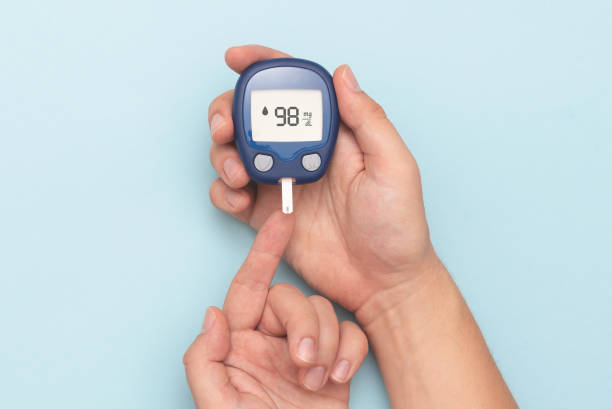23rd April 2024 – by Aaruthy Suthahar

A recent collaborative effort among seven international twin cohorts, including TwinsUK, has yielded new epigenetic markers of type 2 diabetes and potentially its complications. The paper, published in eBiomedicine, sheds light on distinct blood markers in identical twins, where one twin was diagnosed with type 2 diabetes while the other remained unaffected.
Type 2 diabetes is a condition where the body struggles to regulate blood sugar levels effectively. Over time, this can lead to serious health complications like heart disease, kidney problems, and vision impairment. Identical twins, who share the same genetic blueprint, offer a unique opportunity to explore why one twin might develop diabetes and its complications, while the other remains healthy.
The study, led by a team of researchers at TwinsUK, delved into epigenetic markers—alterations to DNA that regulate gene activity and are influenced by genetic changes, lifestyle factors, and environmental exposures. By examining identical twins discordant for type 2 diabetes across various cohorts, the researchers aimed to pinpoint novel epigenetic changes indicative of diabetes.
Among the notable findings were the identification of new blood epigenetic markers that distinguish twins with diabetes from their unaffected counterparts. Notably, these newly identified changes were found to be located within genes linked to complications of diabetes, like eye problems and high blood pressure. Additionally, the study also validated previously detected signals associated with diabetes.
In summary, leveraging the unique genetic makeup of identical twins allowed the research team to uncover promising epigenetic markers of type 2 diabetes, that are also potentially indicative of the development of diabetes complications. This collaborative effort shows the power of the twin study approach in unravelling complex disease mechanisms and offers valuable insights for future research and clinical applications.
The detailed findings of the study can be accessed in eBiomedicine via the following link HERE.






